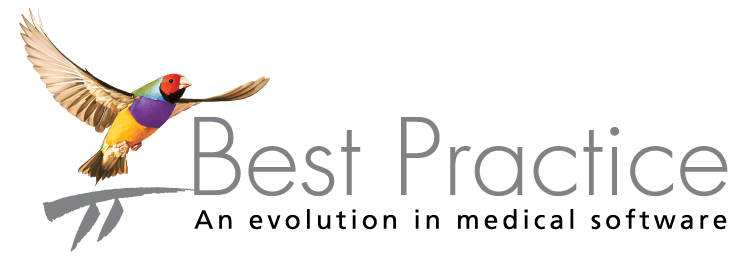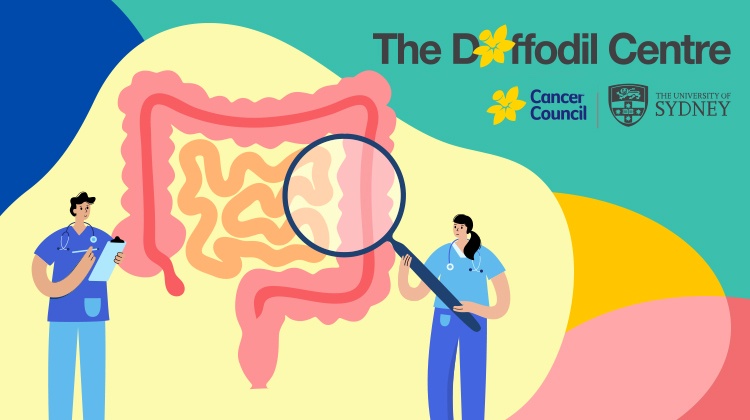The MAIL, GP & SCALE project aims to help the Australian population and reduce the burden of bowel cancer. The Daffodil Centre are conducting a co-design with general practitioners and practice staff of an intervention to increase National Bowel Cancer Screening Program (NBCSP) participation.
The Cancer Council Australia recognises the key role that GPs and other primary health professionals play in the success of the National Bowel Cancer Screening Program (NBCSP). As a health professional, you are integral to the success of the program. Evidence shows that a recommendation by a primary health care provider is a key motivator for participants to screen.
Currently, only 44% of eligible Australians complete the free NBCSP home screening test. Following a comprehensive review of the evidence and the publication of the Clinical Practice Guidelines for the prevention, early detection and management of Colorectal Cancer, immunochemical faecal occult blood testing (iFOBT) every 2 years from age 50-74 was recommended for population screening in Australia. Modelling has shown that with current levels of participation, the NBCSP is expected to prevent 59,000 deaths over the period 2015-2040; an additional 16,800 and 24,800 deaths would be prevented if participation was increased to 50% and 60%, respectively.[1]
Modelling has shown that with current levels of participation, the NBCSP is expected to prevent 59,000 deaths over the period 2015-2040; an additional 16,800 and 24,800 deaths would be prevented if participation was increased to 50% and 60%, respectively.
The Daffodil Centre – a partnership between the Cancer Council NSW and the University of Sydney, is inviting GPs and practice staff to take part in a new study that aims to co-design a general practice led intervention to increase NBCSP participation. Specifically, this study aims to:
- Co-design a general practice led intervention to increase National Bowel Cancer Screening Program participation.
- Identify potential barriers and enablers that may affect implementation of the intervention.
Focus groups will be held online in late 2022 and early 2023, with reimbursement provided.
What Does the Co-Design Process Involve?
- Eight focus groups with ~5 participants per group from across Australia, conducted from late 2022 to early 2023.
- Focus groups will be held online and last approximately 60-90 minutes.
- Participation is voluntary and there will be reimbursement for participant time.
- Focus groups will explore participants perspectives of an optimal general practice-led intervention to increase bowel screening participation.
- Focus group data will be de-identified.
- After the focus groups, participants are welcome to make further contributions or revisions to design of the intervention, but this is not required.
What Happens Next?
Findings from these focus groups will support the design of a general practice led intervention. This intervention will be piloted in a trial in within 80 general practices across two Australian states.
Click here to see the Participant Information Statement and indicate your expression of interest or contact bowel@daffodilcentre.org if you would like further information.
References:
- Lew JB, St John DJB, Xu XM, Greuter MJE, Caruana M, Cenin DR, et al. Long-term evaluation of benefits, harms, and cost-effectiveness of the National Bowel Cancer Screening Program in Australia: a modelling study. Lancet Public Health 2017 Jul;2(7):e331-e340 Available from: http://www.ncbi.nlm.nih.gov/pubmed/29253458.
Explore our range of news and training resources:
Bp Learning Video Library | Bp Learning Training Options | Bp Newsroom Blog
Subscribe to Our Newsletters | Bp Learning Webinars

